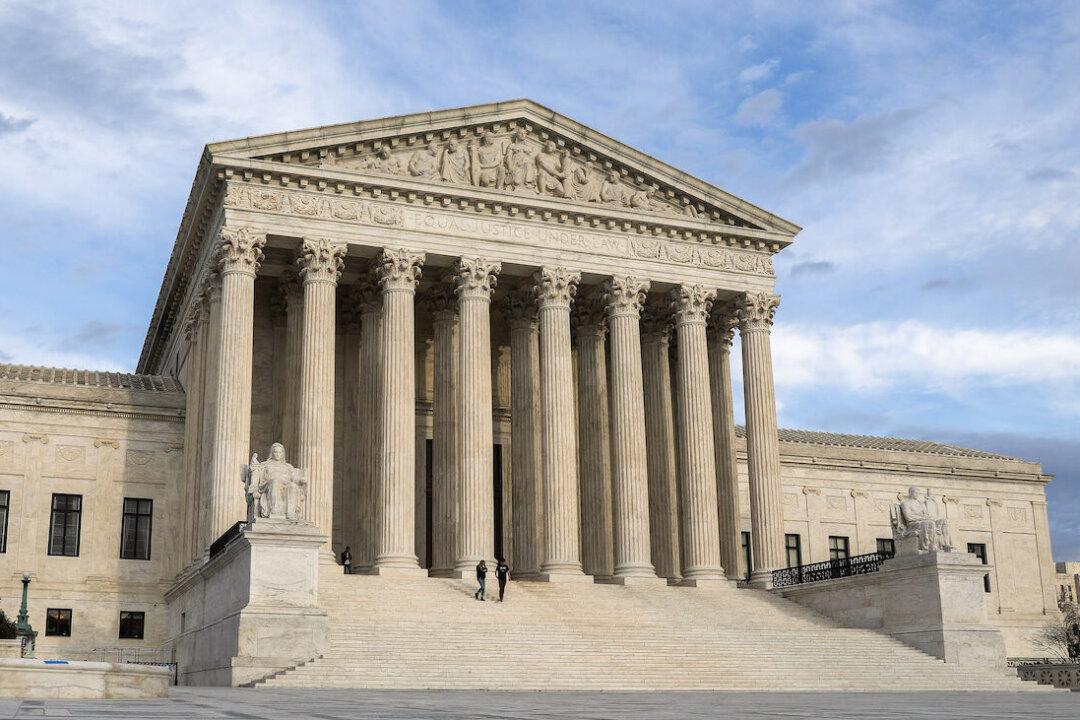The U.S. Supreme Court has temporarily blocked a lower court ruling that would have waived some requirements for absentee ballots and allow some Alabama counties to set up curbside voting.
The 5-4 vote along ideological lines allows Alabama to enforce its usual rules in holding an election at least until an appeals process is resolved. The state has a runoff election on July 14.




